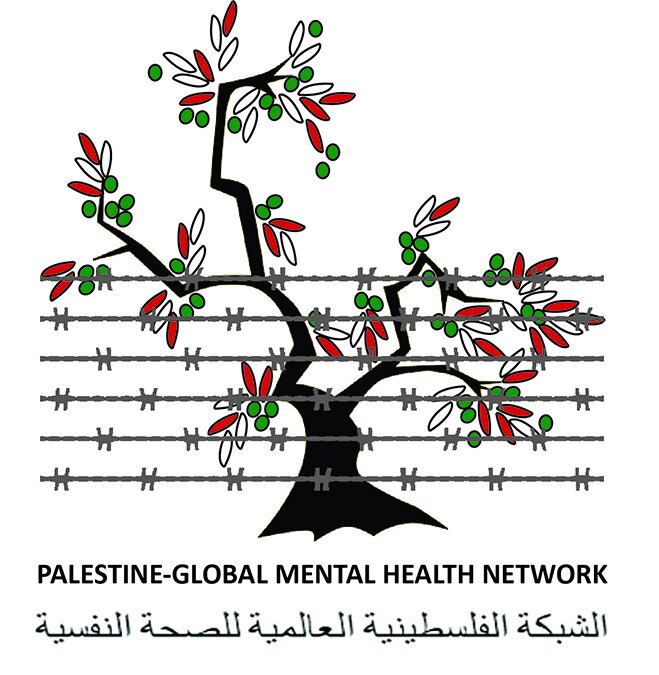Today marks a moment of profound relief and cautious hope with the long-overdue release of Ahmad Manasra, a Palestinian child who was arrested by Israeli authorities in 2015 at the age of 13. After nearly a decade of unjust incarceration, solitary confinement, and deteriorating mental and physical health, Ahmad has finally been reunited with his family.
Ahmad Manasra was a minor, 13.8 years old, arrested in October 2015 in relation to a stabbing incident in occupied Jerusalem. Despite evidence that he did not participate in the act, he was subjected to violent arrest, physical (mainly brain ) injury, psychological abuse, and harsh interrogations—all without legal representation or the presence of his parents or lawyer. He was convicted of attempted murder in proceedings that raised serious concerns regarding due process and violations of the United Nations Convention on the Rights of the Child. Initially sentenced to 12 years, his sentence was later reduced to 9.5 years. Despite multiple appeals and petitions for early release on medical and psychological grounds, the Israeli parole committees repeatedly denied them.
Ahmad’s physical and mental health deteriorated significantly, particularly during prolonged periods of solitary confinement beginning in November 2021. Despite being diagnosed and hospitalized within the prison system, his suffering was largely ignored by the authorities. International human rights organizations—including those focused on the rights of children—have repeatedly condemned his treatment and the inhumane conditions of his detention.
Ahmad’s release today is a moment of reflection as well as celebration. It serves as a stark reminder of unchilding, a reminder of the enduring trauma inflicted on Palestinian children under occupation. It is a call to action for all of us: to work for a future where no child is imprisoned, where recovery is prioritized over punishment, and where justice is not delayed—or denied, and where children’s agency and resistance against colonial monstrosity is respected.
In the days leading up to his release, the Palestine-Global Mental Health Network, in coordination with Ahmad’s family, mental health professionals, and support teams, worked to prepare for his return. We held preparatory meetings with his parents, his siblings, and extended family members, in close coordination with psychiatrists, psychologists, and social workers who have accompanied them on this deeply painful journey.
On the morning of April 10, Ahmad’s father and relatives arrived at the prison, where they waited for several hours. Around noon, they were informed that Ahmad would be released. However, instead of a coordinated and dignified handover, the prison authorities released Ahmad approximately 10 miles away from the facility—alone and disoriented. He was able to recall his father’s phone number, but it took considerable time for his family and support team to locate him in the desert and reach him. When we finally saw him, it was heartbreaking. Ahmad was visibly distressed, deeply disoriented, and emotionally overwhelmed.
Despite these conditions, Ahmad was able to return home. He underwent an initial medical evaluation at a hospital, but was too anxious and emotionally unsettled to remain there, insisting on returning to his family. He is now home, where we continue to provide follow-up support to him and his immediate family as he begins the long journey of healing. We remain in close contact with his uncle, father, and mother, and our mental health professionals are offering sustained care in the coming days.
Ahmad’s ordeal has left deep scars. This young man, who has spent over a third of his life in prison, much of it in solitary confinement, embodies the profound psychological toll of the Israeli occupation’s carceral regime on Palestinian children. His suffering is not his alone—he represents the story of so many Palestinian boys and girls.
We call upon the global mental health community, human rights advocates, and all people of conscience to support Ahmad and the many other Palestinian children in historic Palestine facing the settler colonial machinery of brutality. Let us turn this moment into renewed energy to interrupt the colonial unchilding, to call in loud voices to stop the genocide against our children, and to work together for justice, care, and collective liberation.
